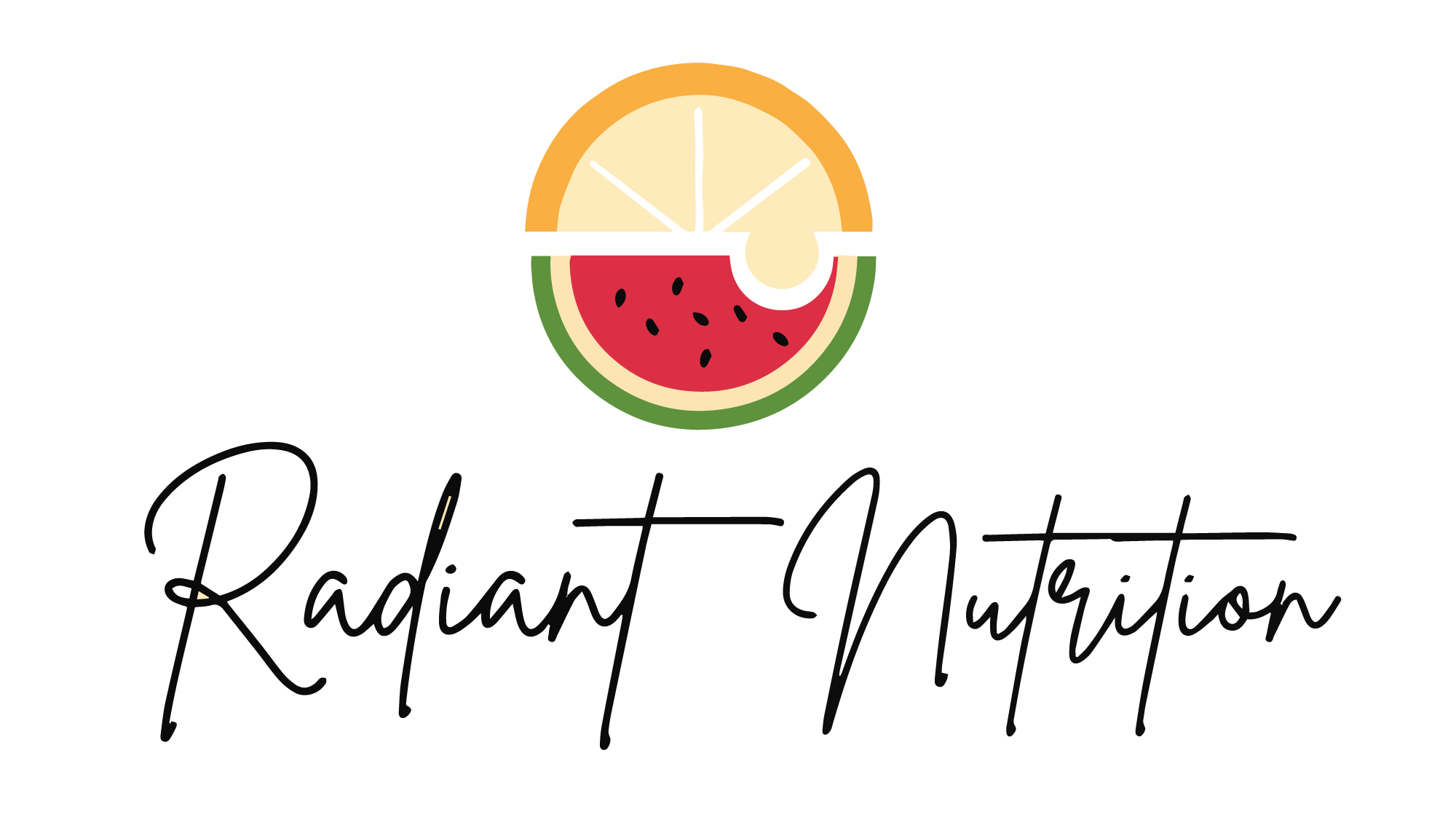Fitness App or Comparison Trap?
Picture this: you go into a new hot yoga studio and all of the other ladies are decked out in Lululemon and the latest Apple watches. They may even be discussing their calorie or macro goals for the day. One says, “Well how do you keep track of your calories?” The other replies, “I just downloaded this new app that syncs to my watch and everything! All I have to do is just log all the food I eat in a day and it tells me whether or not I was over my goal to lose 5 lbs.” But just as you were about to ask what the app is, your instructor comes in and the yoga session begins…part of you sighs with gratitude as you didn’t want to be part of the conversation anyway. Talk about stress and here I am at the yoga studio trying to de-stress!
It’s no secret that food-tracking apps and wearable fitness devices have become extremely popular, however you never really know how the app serves each user. For example, when you witness someone else one you thoughts may assume they’re super disciplined and experiencing great success with their health goals. Your assumptions, however, are often false. A lot of our people actually struggle with some of the negative aspects of this technology. One client noted that she felt obsessed with the numbers to such a degree that she really couldn’t enjoy food anymore. Another said all she couldn’t stop thinking about her next meal because she was restricting her calories to 1200-1300 cal/day and hungry all the time. This would happen to ANYONE who was trying to follow that restrictive of a diet as 1200-1400 cal/day is resting energy expenditure for most women.
For individuals prone to anxiety, people pleasing, feelings of unworthiness or those stuck in the jaws of perfection, food-tracking apps and wearable fitness devices can actually fuel disordered eating behaviors. Here are some examples:
Apps may cause users to equate worth with exercise performance, weight loss, and staying below a certain level of calories or carbs.
Most food-tracking apps also include ratings of foods which may cause guilt, shame and/or applaud restrictive behaviors.
Movement data from watches may lead someone to feel like they need to earn their food or exercise excessively if they haven’t reached their goals for the day.
Competitive behaviors can kick in if data is collected, posted, and compared in groups.
That said, wearing wearable fitness devices and food-logging apps can be beneficial in the areas of motivation, increased awareness of food choices, meal timing, tracking blood glucose (if you are someone who has a health condition that warrants this) and keeping an eye on your heart rate. Here are some useful ways to use these apps:
Motivation: join a fitness group or find a buddy! In the cold winter months, it can be hard to find ways to move that are enjoyable, so a lot of us struggle with motivation. If you have a few friends or a buddy that is just there to enjoy the movement with you, they can be really helpful to get you out the door!
Tracking sugar intake: If you have been diagnosed with diabetes or pre-diabetes, we would love to develop meal plans for you without you having to log your meals in an app. If you have been diagnosed with diabetes, we are also well-equipped to educate you on the best way to balance your diet in a way that allows you to eat what you love while also managing your health. A blood-glucose monitor is an essential tool to have in your tool kit as well.
Heart rate: Heart rate is a great way to keep up with hypertension, but blood pressure is the more accurate way to monitor the condition. Instead of springing for a fitness device (that probably does not give an accurate measurement), consider purchasing an at-home blood pressure cuff and have a medical professional teach you how to use it. As dietitians, we can help you develop a meal plan to help manage your blood pressure without feeling the need to constantly monitor your heart rate!
Nutrients: Dietitians are trained to assess your dietary intake and determine where you may be lacking certain macro/micronutrients. Book an appointment with us today if you feel you are unbalanced in your diet and we can help! We also offer functional nutrition testing that can fill in some of the gaps of how your body is processing the food you are consuming.
Control: When life feels out of our hands, we can turn to things that are in our control such as diet and exercise to feel a sense of peace. Instead of this, we recommend journaling and talking to a licensed mental health professional. If you are simply looking to take control of your health this year, we can develop plans with you to feel your most radiant self!
All in all, there are ways to find a balance in your intake and movement without tracking every move and every bite of food you eat. While there are some benefits to this technology, we believe that there are more sustainable ways to get the results you are looking for. Book an appointment with us today!
Written by Trinny Duncan, Student Intern and Peggy Pratt, PhD, RDN, LDN, CEDS-C

